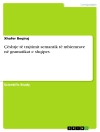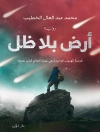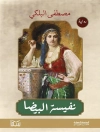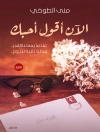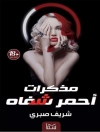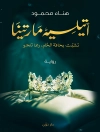An exploration of the cultural-political complexity of the medieval Peninsula.
Medieval Iberia was rich in sociolinguistic and cultural diversity. This volume explores the culture, history, literature and language of the Peninsula in an attempt to understand its cultural-political complexity and its legacy.Principal themes include the representation of minority groups in the community; the challenge of social contact that could bring mutual absorption of influence or conflict; the effects of linguistic interaction and development; and the dissemination of cultural and scientific knowledge within and beyond the borders of the Peninsula. Modern interpretations of Medieval Iberia are neither static nor definitive in this kaleidoscopic field of investigation.
EDITORS: Ivy A. Corfis and Ray Harris-Northall are Professors of Spanish at the University of Wisconsin-Madison
OTHER CONTRIBUTORS: Pablo Ancos, William J. Courtney, Thomas D. Cravens, Frank Domínguez, Noel Fallows, Charles F. Fraker, E. Michael Gerli, Kristin Neumayer, Stanley G. Payne, Joel Rini, Joseph T. Snow, Michael Solomon
Table of Content
Introduction
The
Converso Condition: New Approaches to an Old Question – E. Michael Gerli
Speaking through Many Voices: Polyphony in the Writings of Teresa de Cartagena –
Chains of Iron, Gold and Devotion: Images of Earthly and Divine Justice in the
Memorias of Doña Leonor López de Cordoba – Frank A. Domínguez
Visigoths and Asturians Reinterpreted: The Spanish Grand Narrative Restored ? – Stanley G. Payne
Against the Arabs: Propaganda and Paradox in Medieval Castile – Noel Fallows
Conquest and Conversion in the Hispanic Chivalric Romance: The Case of
Reinaldos de Montalván – Ivy A. Corfis
Hermes Trismegistus in
General Estoria II – Charles F. Fraker
Pharmaceutical Fictions: Celestina’s Laboratory and the Sixteenth-Century Medical Imaginary – Michael Solomon
Spanish and Portuguese Scholars at the University of Paris in the Fourteent h and Fifteenth Centuries: The Exchange of Ideas and Texts – William J Courtenay
The Primary Audience and Contexts of Reception of Thirteenth-Century Castilian
Cuaderna Vía Poetry – Pablo Ancos
Editorial Interference in
Amadís de Gaula and
Sergas de Esplandián – Kristin Neumayer
Perils of Speaking of
Orígenes de la lengua – Thomas D. Cravens
Aspects of Official Language Usage in Castile and León: Latin and the Vernacular in the Early Thirteenth Century – Ray Harris-Northall
Considering Paradigmatic Factors in the Reduction of Old Spanish `sodes’> `sois’ – Joel Rini
About the author
NOEL FALLOWS was Professor of Spanish and Associate Dean, University of Georgia.


